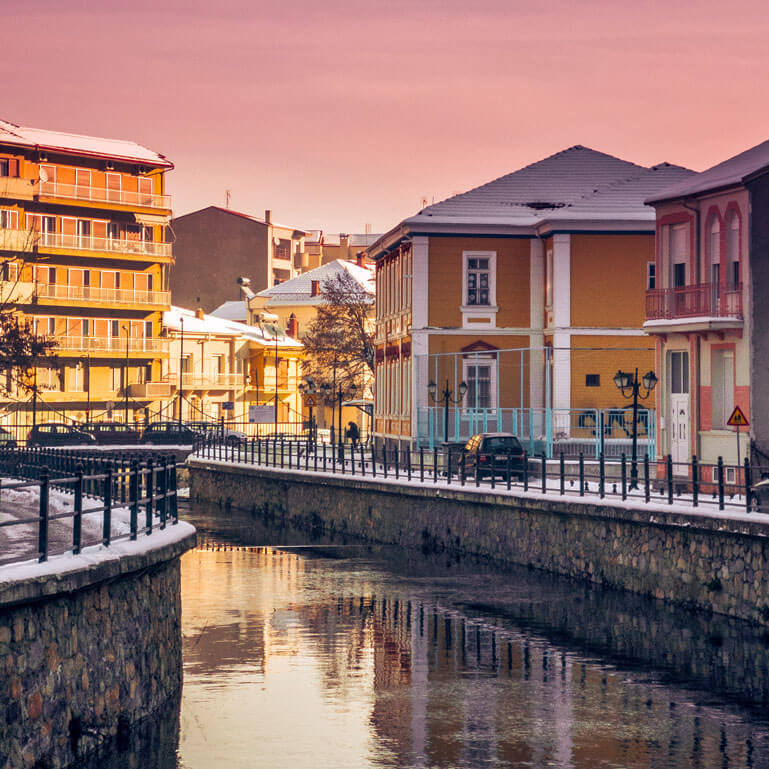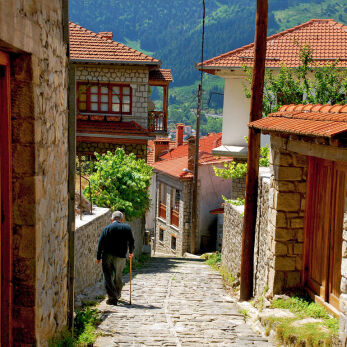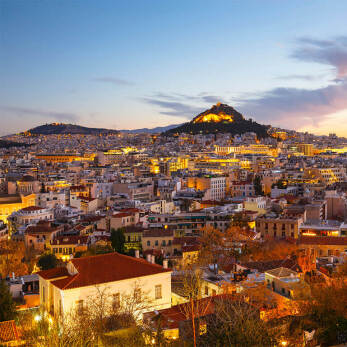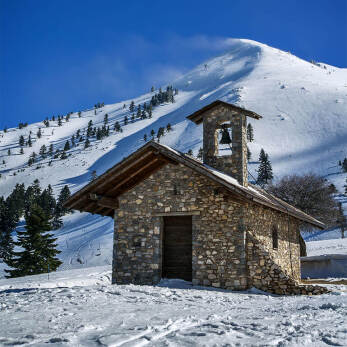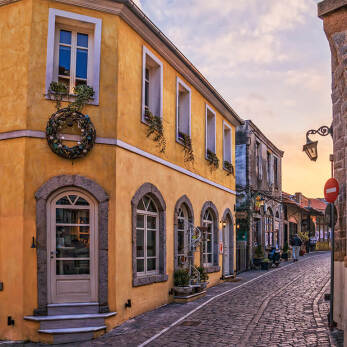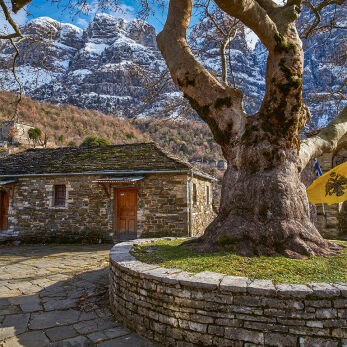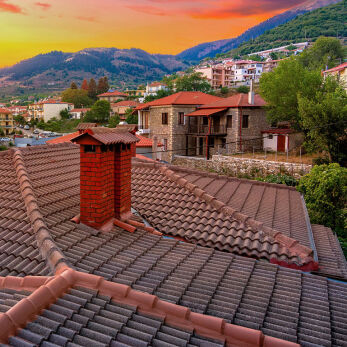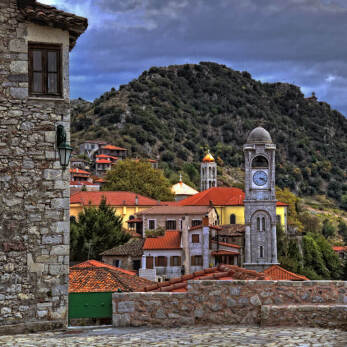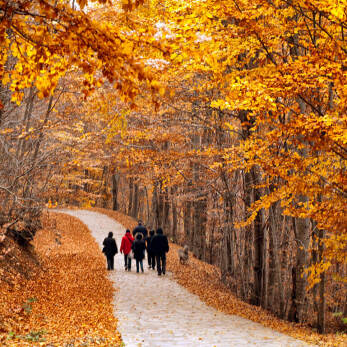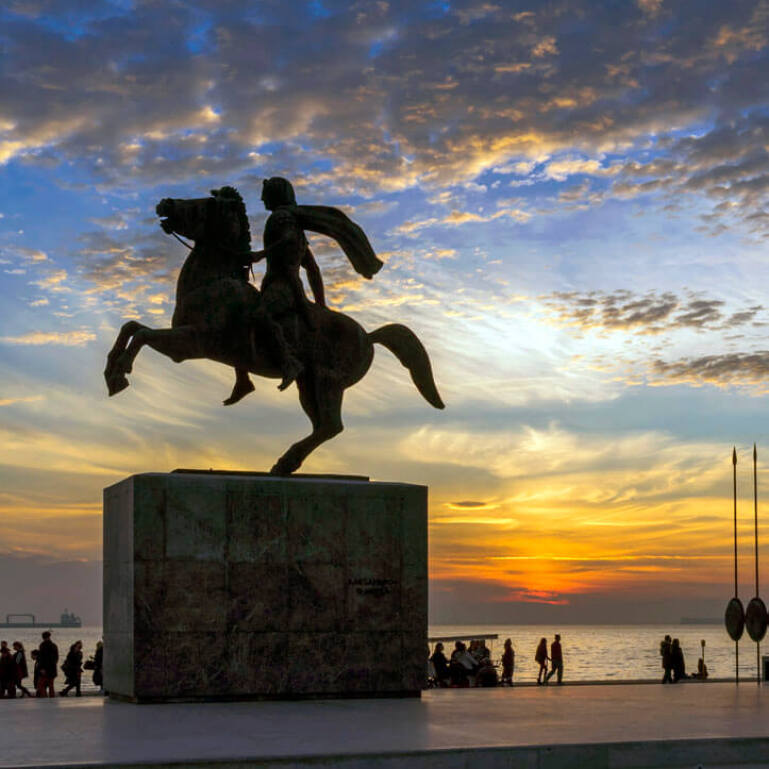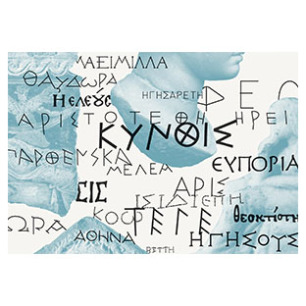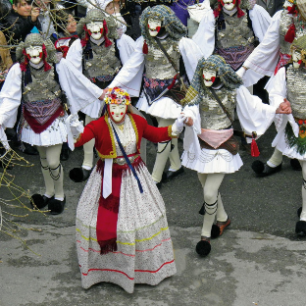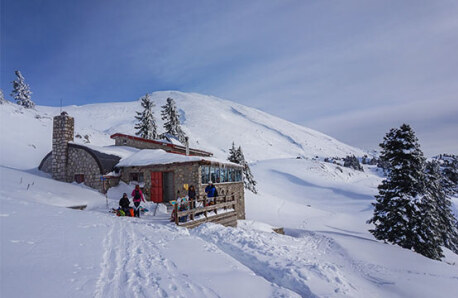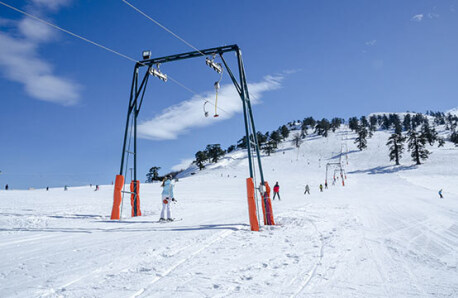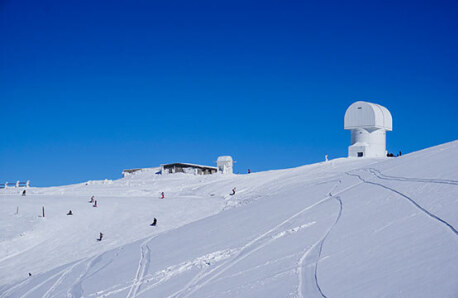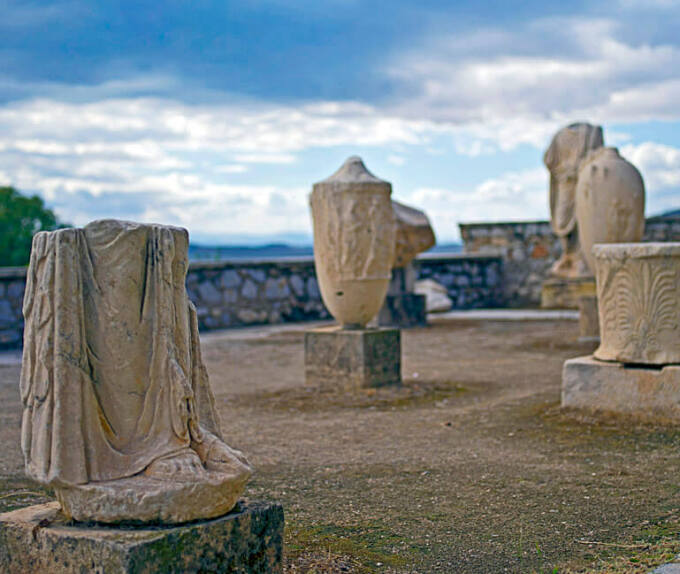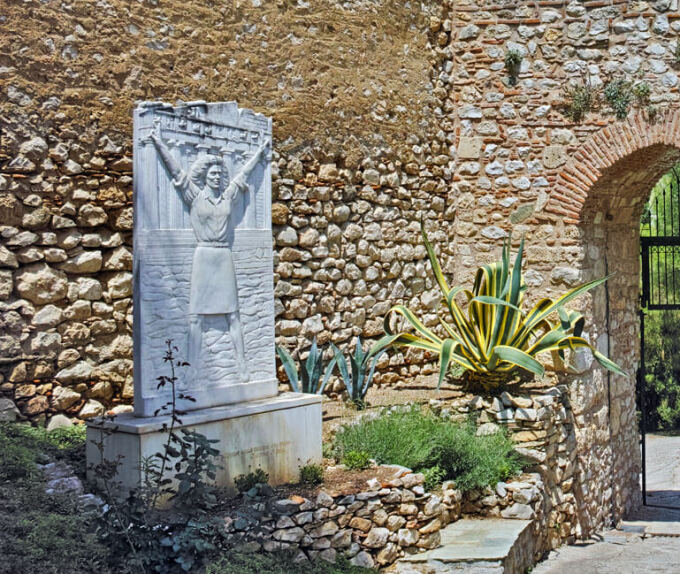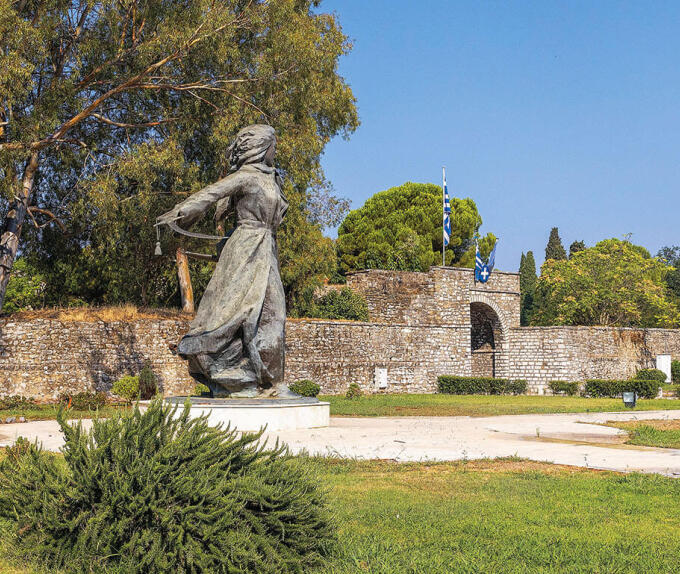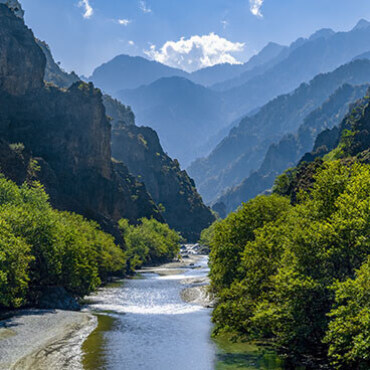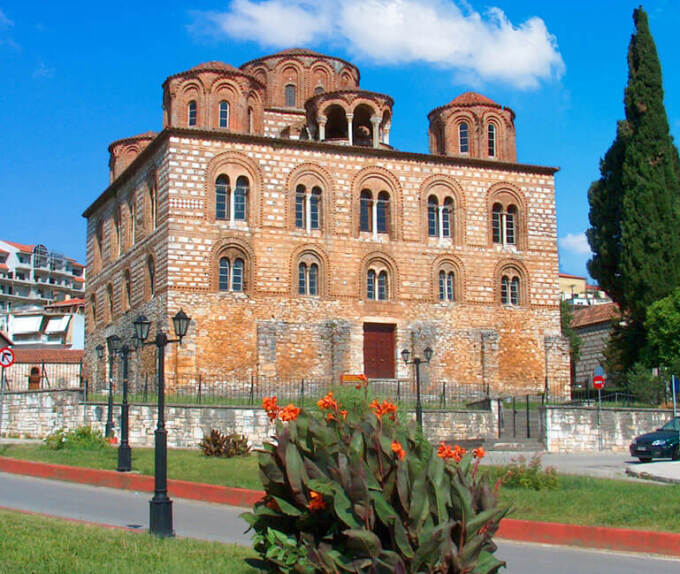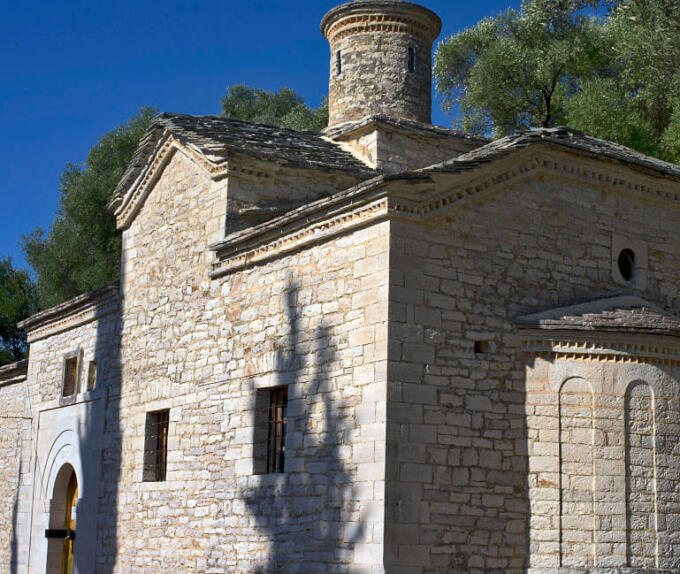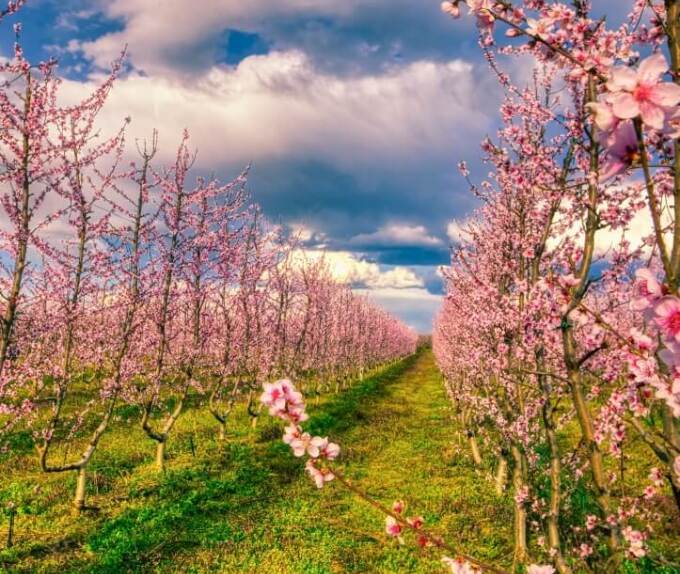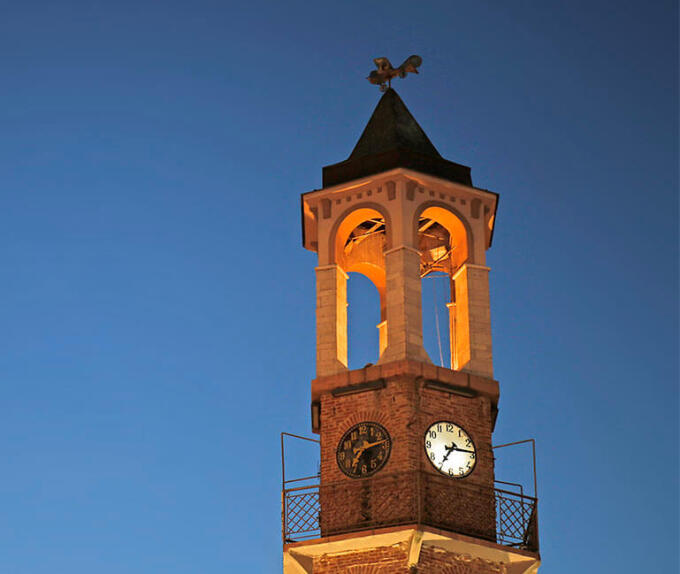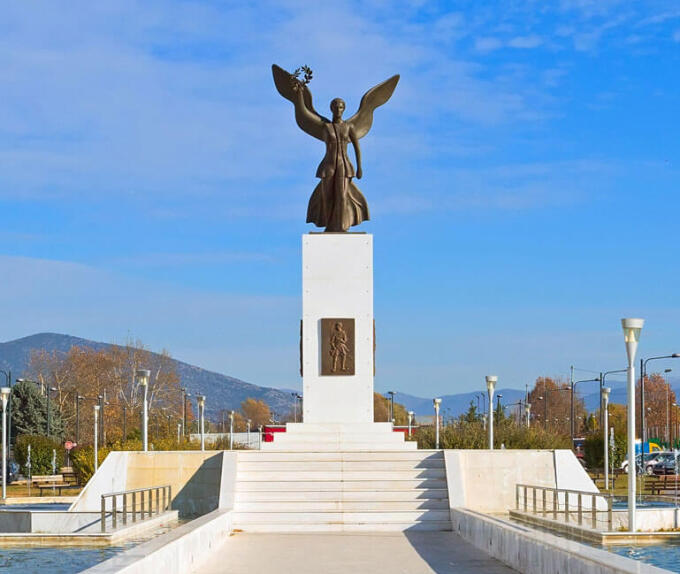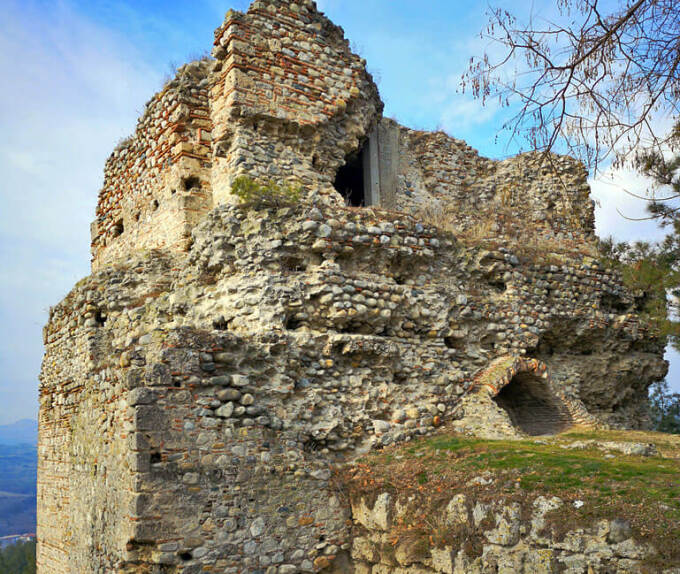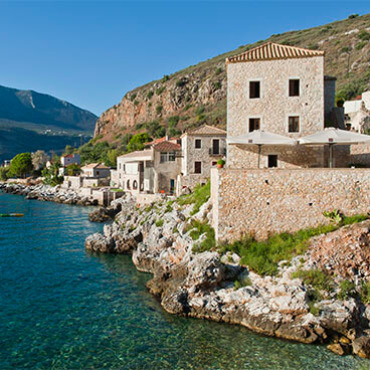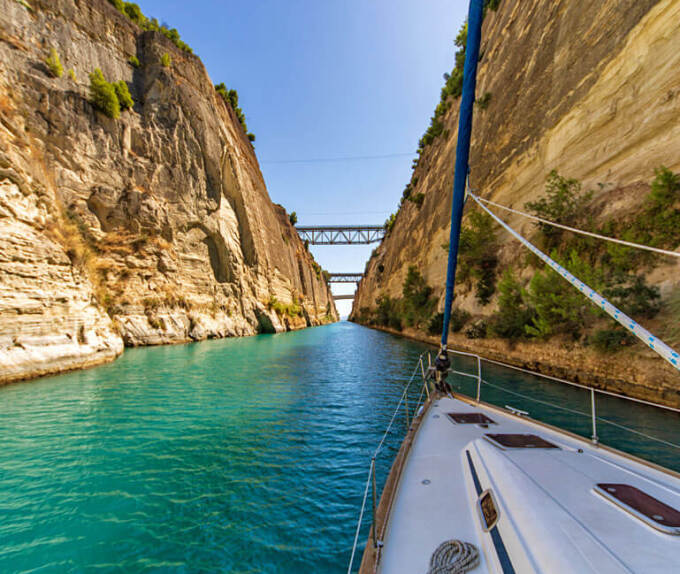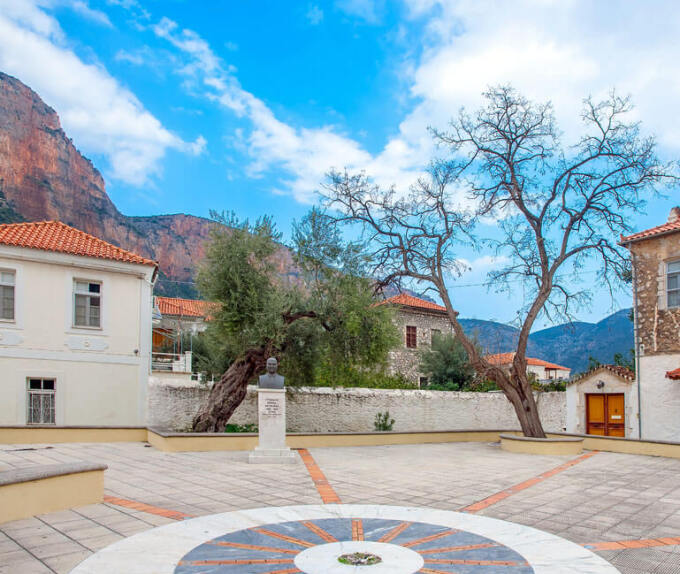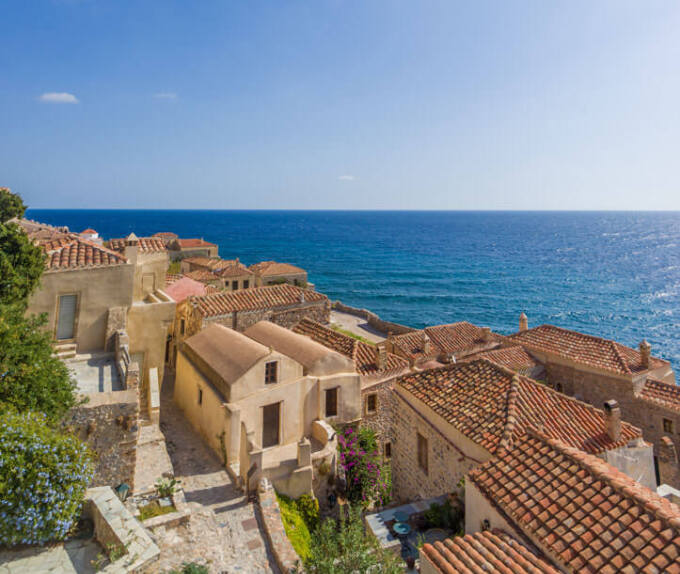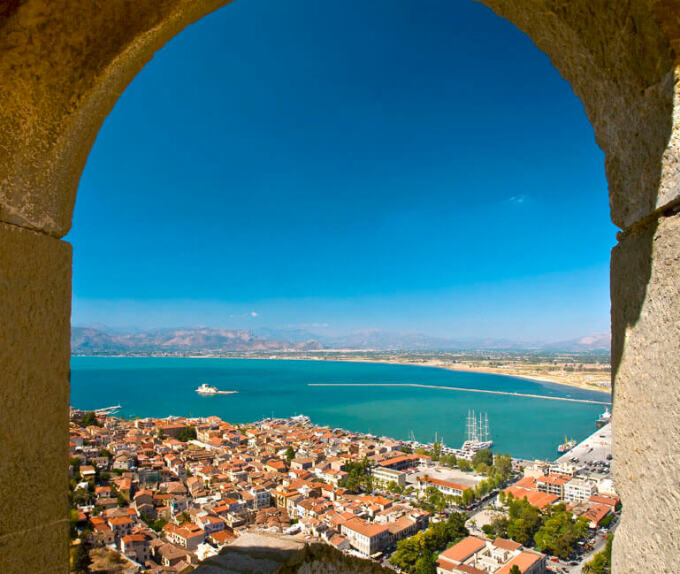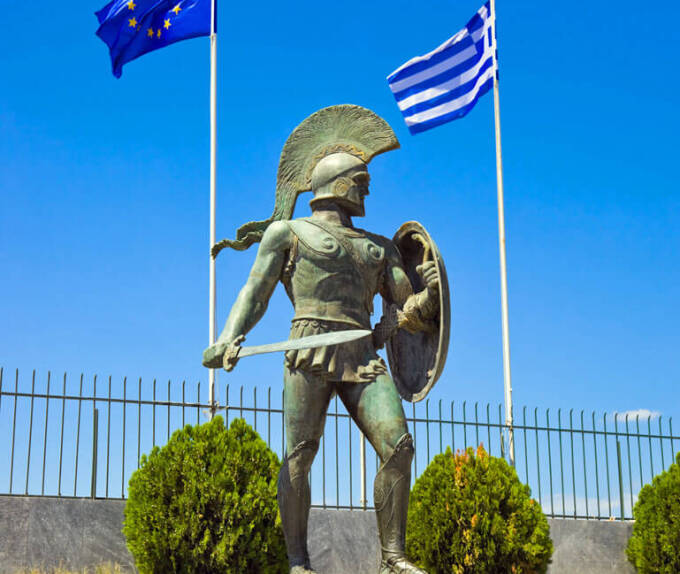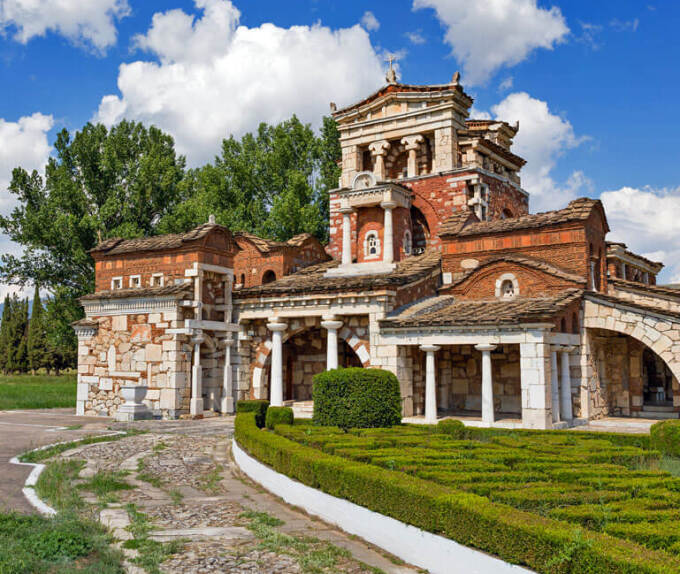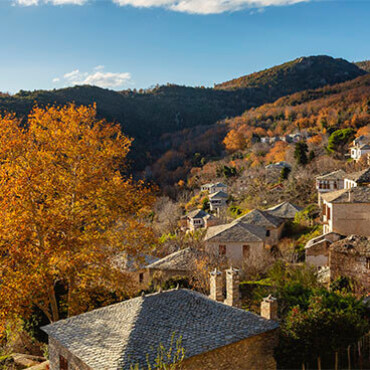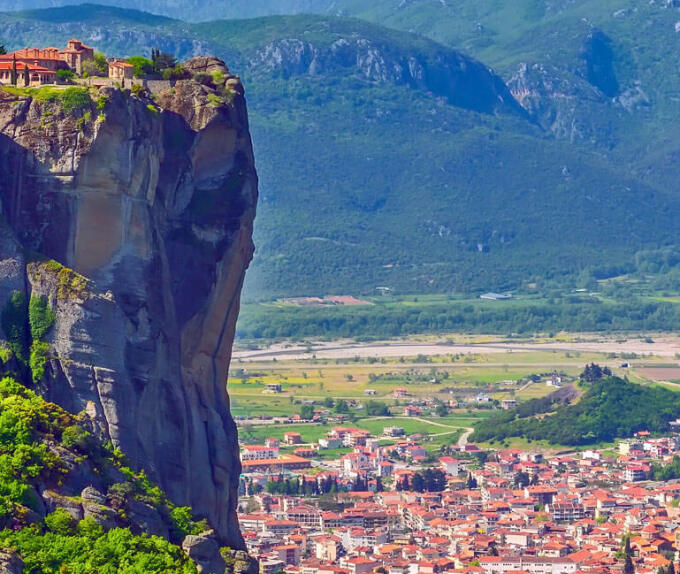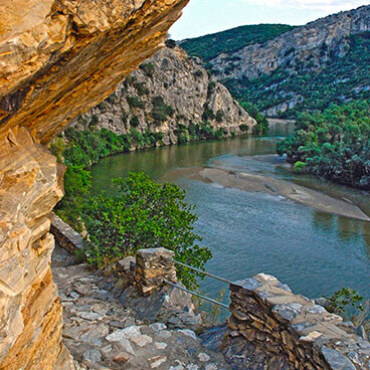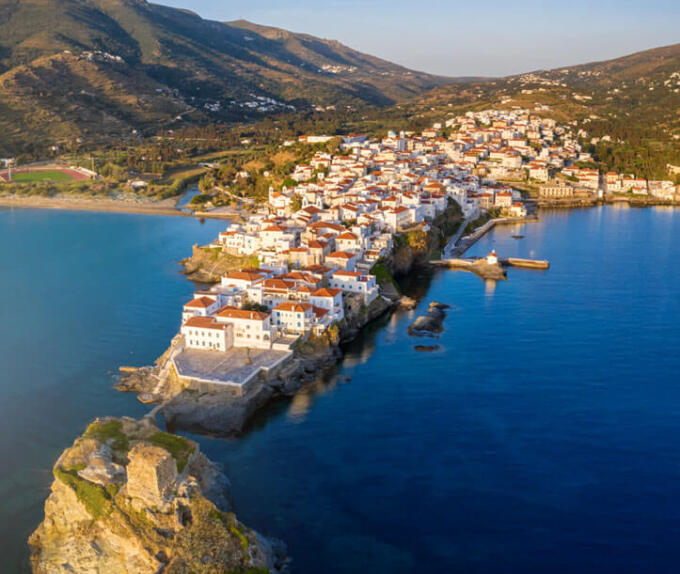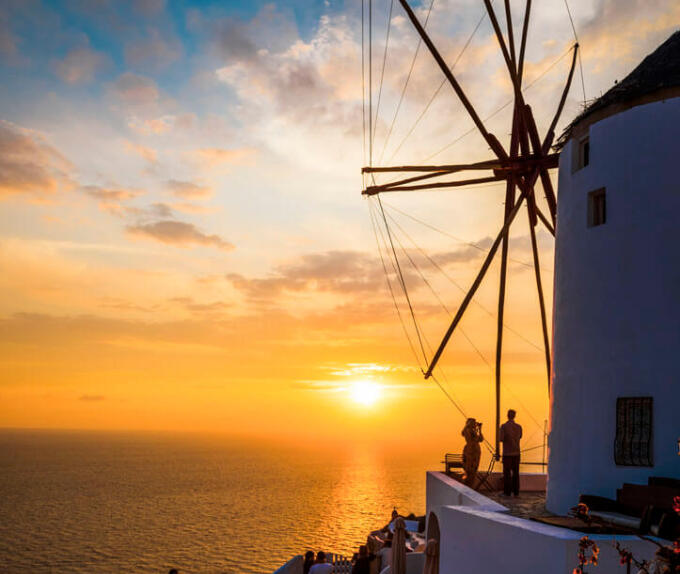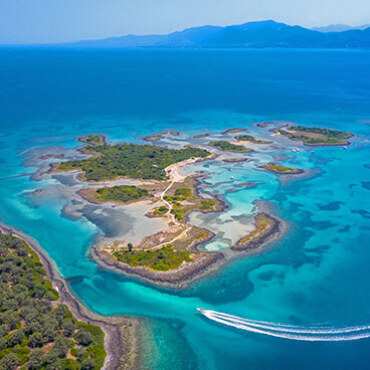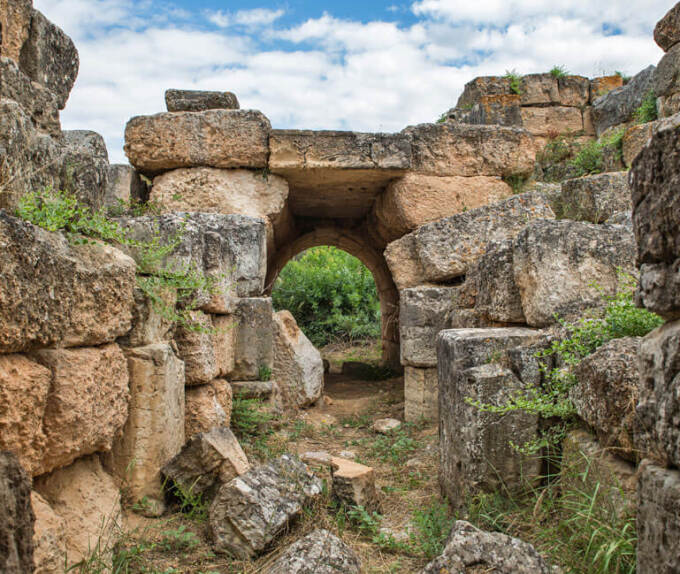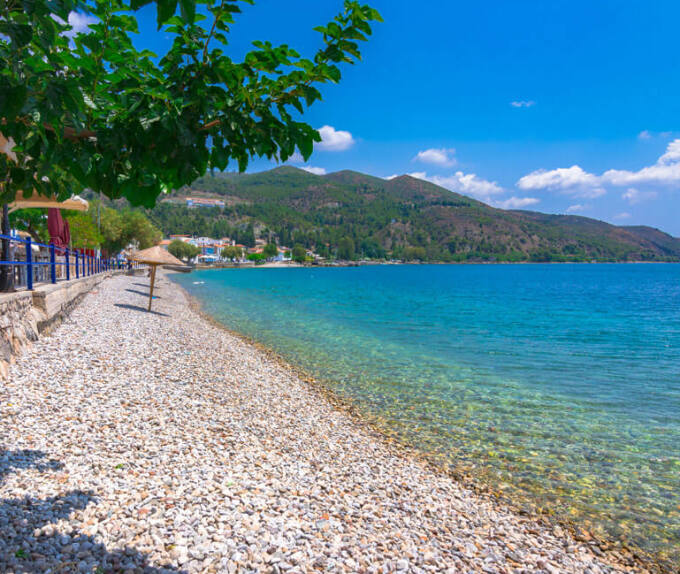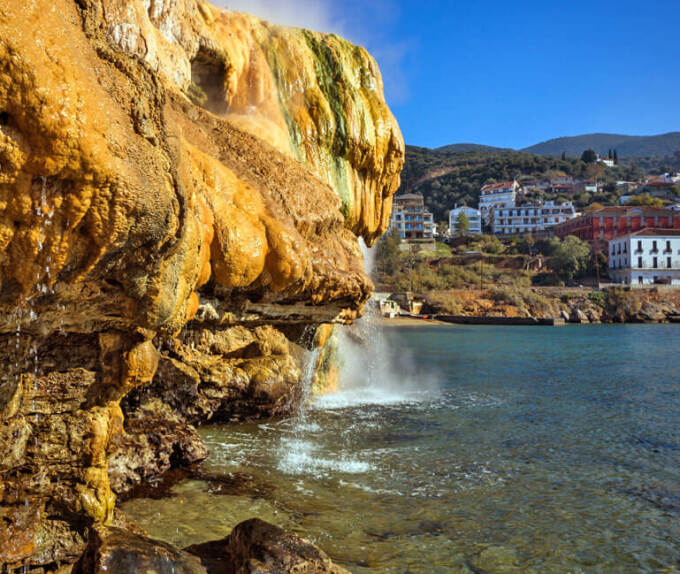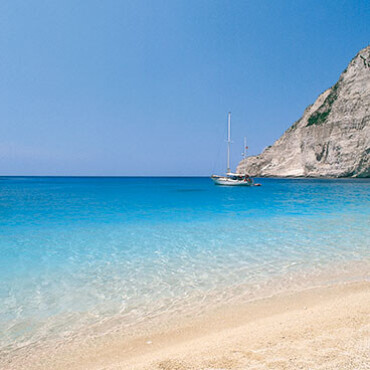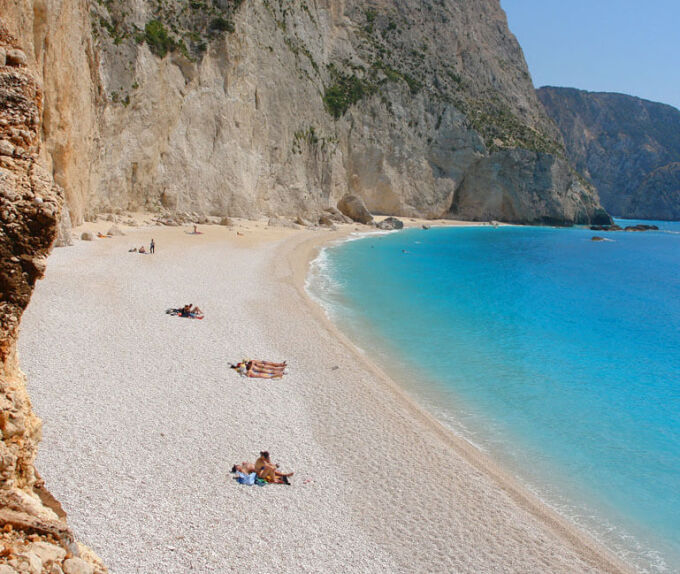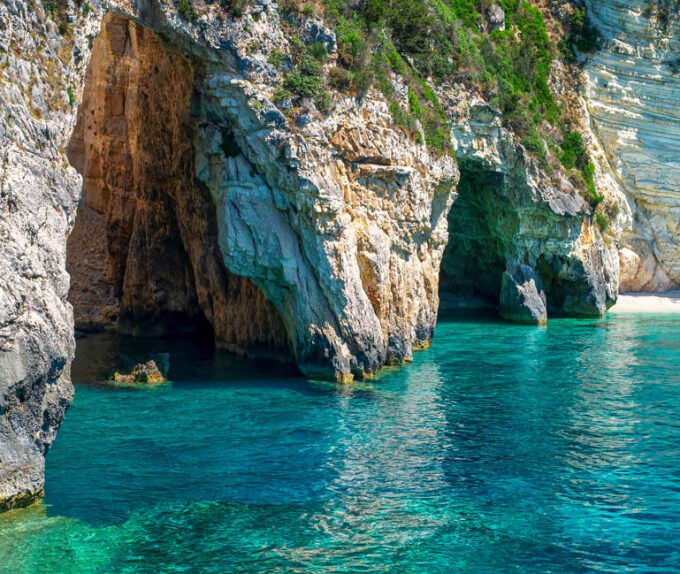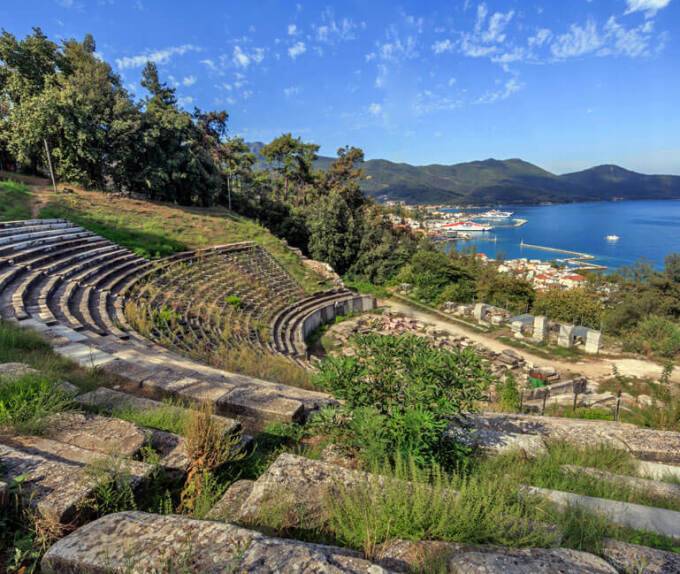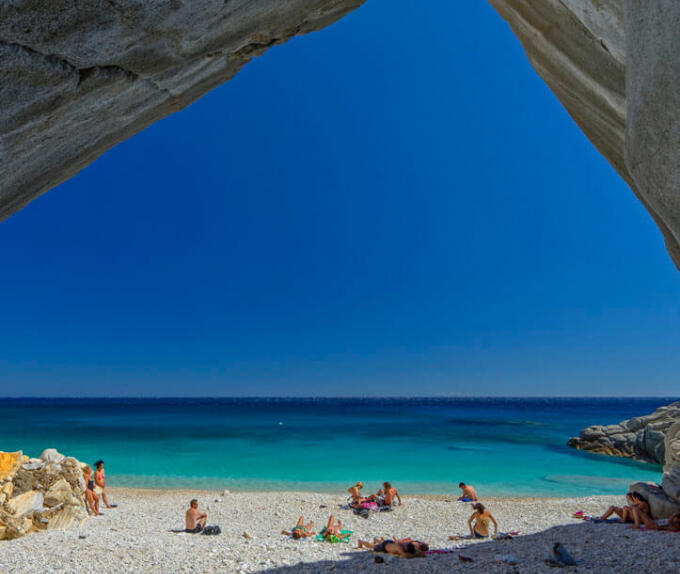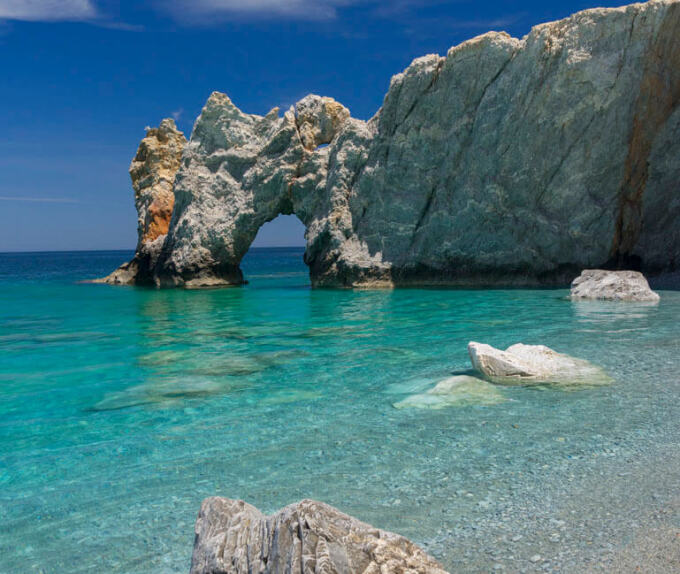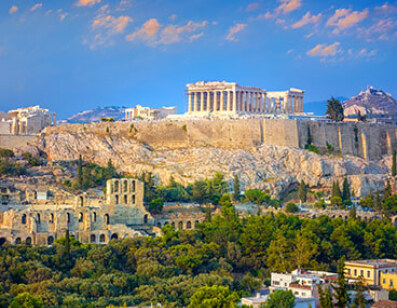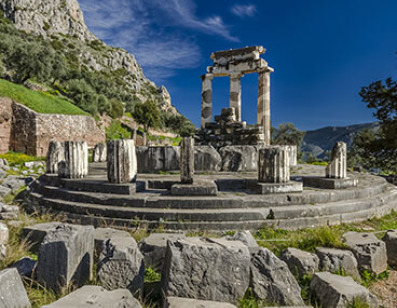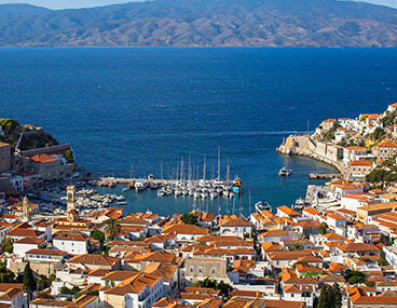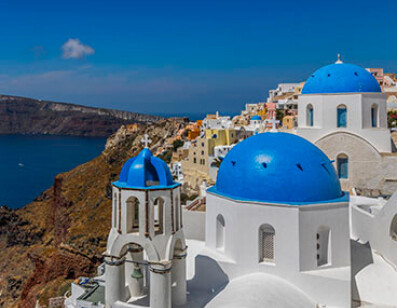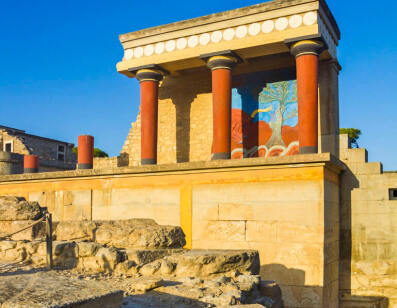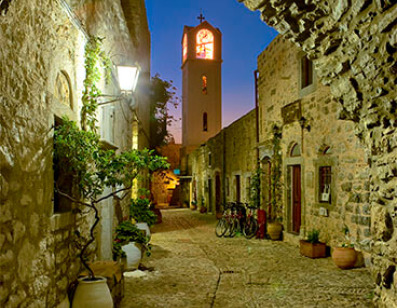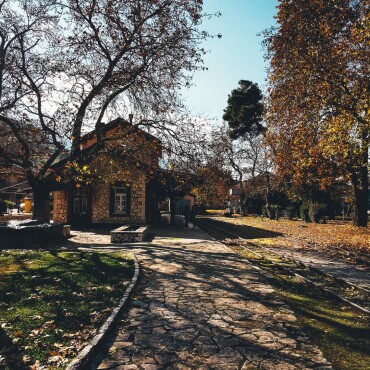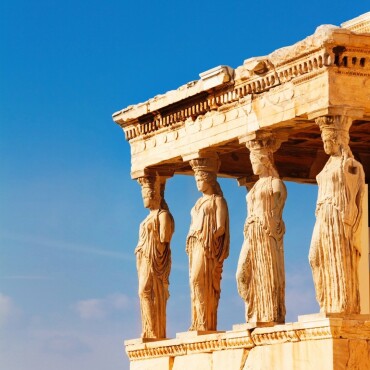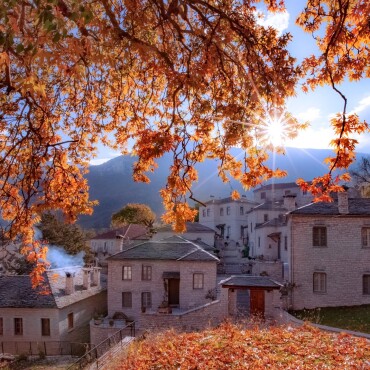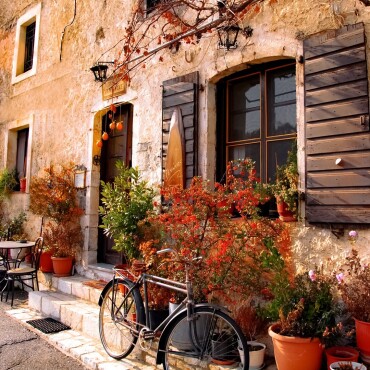
Events
VIEW ALL- Exhibitions
- Festival
- Music
- Sports
- Attica
- Central Greece
- Crete
- Cyclades
- Epirus
- Macedonia
- Peloponnese
- Sporades
- Thrace
- Athens
- Epidaurus
- Galaxidi
- Heraklion
- Ioannina
- Kozani
- Livadeia
- Naoussa
- Patras
- Rethymno
- Santorini
- Skyros
- Soufli
- February
- March
- April
- May
- June
- July
- August
- September
- October
- November

Experiences




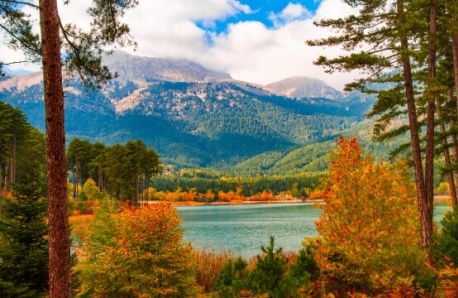
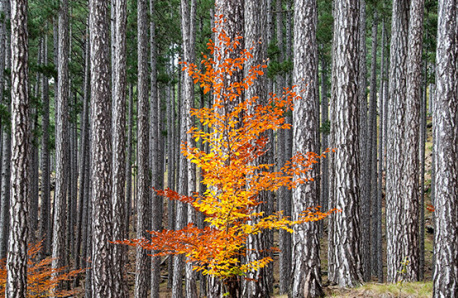
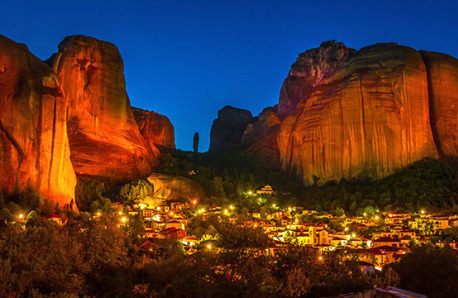

Read our Blog
VIEW ALL BLOGFun Facts
About 7% of all the marble produced worldwide comes from Greece.
Did you know that Greece hosts 50% of the brown bear population in western & southern Europe.
Did you know that Greece is the third largest producer of olive oil in the world? Greeks have cultivated olive trees since antiquity. Some of the olive trees that are still producing olives, date back to the thirteenth century.
Greek is one of the oldest spoken languages in Europe since it has been spoken for more than 3.000 years.
Did you know that in Greece you can enjoy skiing with a sea view?
The first philosopher is considered to be Thales of Miletus (c. 624 – 425 B.C.). He is credited as giving the first explanation for the origin of the world that was not mythological.
No part of Greece is more than 137km from the sea.
Greece has historically engaged in wine making. Take for example Dionysus, the son of Zeus, the god of the grape-harvest, winemaking and wine. His face is seen today on the sommelier’s pin which is a symbol of respect to wine’s contribution throughout history.
Τhe concept of democracy developed in Athens around the 6th century BC. The Greek word demokratia (δημοκρατία) meant “the power of the people”.
Greece has historically engaged in wine making. Take for example Dionysus, the son of Zeus, the God of the grape-harvest, winemaking and wine. His face is seen today on the sommelier’s pin which is a symbol of respect to wine’s contribution throughout history.
Continuously inhabited for over 7,000 years, Athens is one of the oldest cities in Europe.
Greece' s official name is Hellenic Republic. However Greeks call their country Hellas or Hellada.
Greece is a leading producer of sea sponges.
Athens is one of the few coastal cities worldwide that is surrounded by mountains. These are Mt. Hymettus, Mt. Penteli, Mt. Parnitha and Mt. Aigaleo.
Greece is the place where democracy was born. But democracy in ancient Athens was significantly different from modern democracies. It was both more participatory and exclusive, and there were no political parties in Athenian democracy.
In Greece, people celebrate the “name day” of the saint that bears their name in a similar way to their own birthday.
Did you know that Greece has the biggest EU consumption of olive oil per capita, with around 12 kg per person per year?
Greece's national drink is ouzo. Ouzo is a dry anise-flavoured aperitif. Cheers, "stin igia mas" in Greek!
Greece has one of the richest varieties of wildlife in Europe, including 116 species of mammals, 18 of amphibians, 59 of reptiles, 240 of birds, and 107 of fishes.
Did you know that Greece has around 6,000 islands, islets and rocky islets? 2,000 of them are islands and only 107 of them are inhabited!
Explore Greece
Central Greece

Dodecanese

Places to Visit
North Aegean





